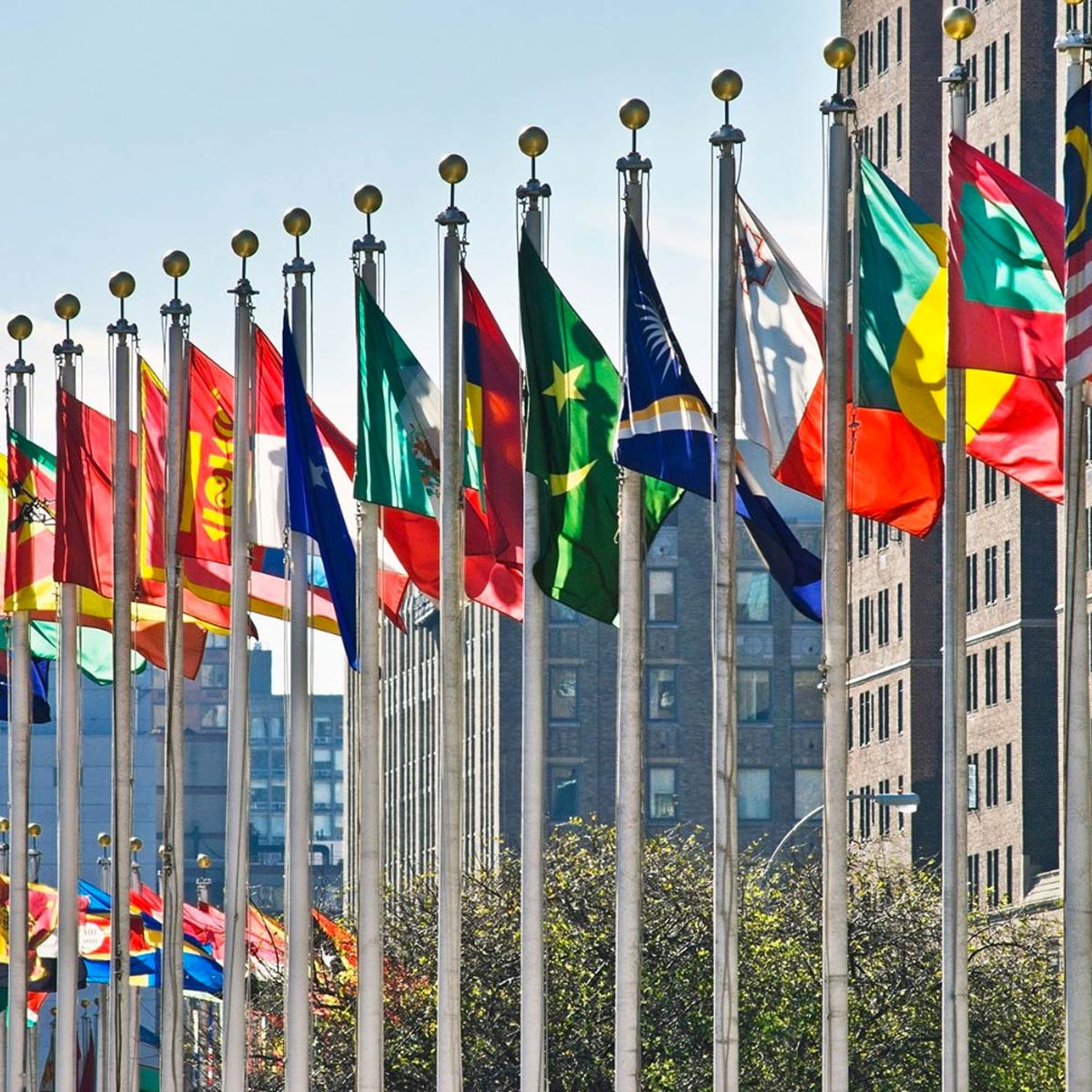By: Kashif Nawab
October 24th marks United Nations Day, a commemoration of the establishment of the UN in 1945. This day highlights the global organization’s role in promoting peace, justice, and human rights, while fostering international cooperation to address common challenges.
The United Nations was founded in the aftermath of World War-II, aiming to prevent future conflicts and promote global peace and security. The UN Charter was signed on June 26, 1945, in San Francisco, and officially came into force on October 24 of that year. The organization today comprises 193 member states, making it the largest and most inclusive platform for international diplomacy and collaboration.
A Global Mandate for Peace and Development:
The UN’s mission, as outlined in its founding charter, is to maintain peace and security, promote sustainable development, protect human rights, and uphold international law. With bodies like the Security Council, General Assembly, and International Court of Justice, the UN functions as a hub for addressing international issues through negotiation and diplomacy.
The UN General Assembly, which includes all member states, serves as the primary deliberative body where global issues are discussed. Meanwhile, the Security Council—composed of five permanent members with veto power and 10 rotating members—has the authority to impose sanctions, authorize military action, and mandate peacekeeping missions.
Over its history, the UN has played a critical role in peacekeeping efforts and conflict resolution, deploying over 70 missions to stabilize regions experiencing violence. Additionally, the adoption of the Universal Declaration of Human Rights in 1948 established a global standard for the protection of human rights.
Challenges and Criticisms:
Despite these successes, the UN faces ongoing challenges. In conflicts such as those in Syria, Yemen, and Ukraine, the organization has struggled to take decisive action, partly due to the Security Council’s structure, where the veto power of permanent members often leads to deadlock. Critics also argue that the UN’s structure no longer reflects the geopolitical realities of the 21st century, with calls for reforms to make the Security Council more representative and limit veto power.
The UN has also faced criticism over its bureaucracy and inefficiency, with budget shortfalls often impacting essential programs. Member states are responsible for funding the organization, but some have failed to meet their financial obligations, leading to financial constraints.
Looking Ahead: The UN’s Future Role
As the world faces growing global challenges—ranging from climate change to pandemics and rising inequality—the UN’s role in fostering international cooperation remains critical. The organization has been a driving force behind major global agreements, such as the Paris Climate Agreement, but much more needs to be done to address environmental threats and ensure countries meet their climate goals.
The COVID-19 pandemic underscored the importance of global cooperation, with the UN pushing for strengthened multilateralism. The organization is also focusing on empowering marginalized groups and youth, ensuring broader participation in decision-making processes.
United Nations Day serves as an opportunity to reflect on the organization’s achievements and the challenges ahead. While the UN has faced criticism, its role as a platform for diplomacy and global governance remains vital. As the world continues to grapple with complex problems, the UN must adapt and evolve to maintain its relevance, promoting peace, protecting human rights, and fostering sustainable development for future generations.


